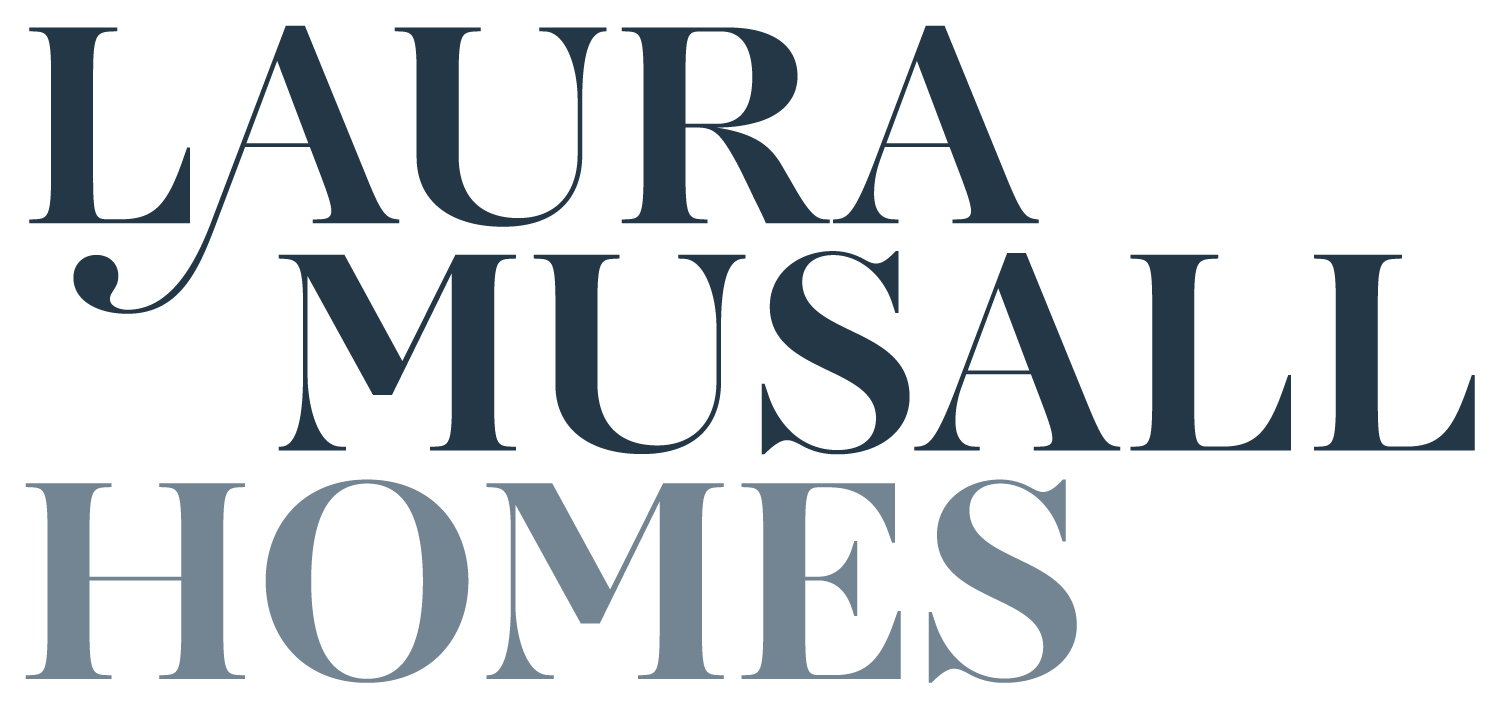When Buying A House, Be Careful What You Offer
I received a phone call not long ago from the seller of a home my client was purchasing. She called to thank us for the way we had handled the sale.
“This was a reminder to me how we need to act when we buy our next home,” she told me. “You’ve done everything the way we’d expect you’d want to be treated.”
When my buyer and I discussed making an offer on the house, we talked about the actual market value of the home. We talked about whether she wanted to ask the seller to pay some of her closing costs – a common request. My buyer trusted my recommendation on what to offer. Sure, she didn’t want to overpay for the house, but at the same time, she loved this house, and didn’t want anything to get in the way of getting an accepted offer.
Smart buyer.
We didn’t offer the full list price, and we asked for some closing costs, but not a huge amount. We were realistic about giving them time to respond and the closing date. We asked for a home warranty, too. The seller accepted our offer. We learned there actually were two offers submitted. The seller could have asked both of the buyers to submit what we call, a final and best offer. The sellers didn’t want to do that. They wanted to work with this buyer, because her offer was fair.
Because the seller was so happy with how the transaction went, the sellers hired professional housecleaners to clean from top-to-bottom, including cleaning out every cabinet and every drawer. They wanted to treat my buyer the way they want to be treated.
That simple sentiment is something we often forget during the stressful home-buying and home-selling process.
Too often cost-conscious buyers don’t want to start with an offer that’s too high for fear that they’ll pay more than they would have to. Too often, however, those same buyers end up actually paying more, whether it’s on the purchase price or during the inspection.
You know the saying, “You never get a second chance to make a first impression?” Well, those first impressions often are cemented once the offer is submitted. If your offer is a low-ball, well below the actual market value (not necessarily the list price), you risk the chance of angering the seller.
Buying a home is full of emotions on both sides of the table. When a seller is insulted, they are less likely to negotiate. You’ve already made a bad first impression, and now the seller is on the defensive. They have forgotten their first goal is to sell their house, and instead, they are focused on playing hardball, and making you pay for the insult.
Are there ever times it’s OK to make a low-ball offer? Sure there are. If a house is grossly overpriced – based on a professional estimate of market value, not an online guestimate – a foreclosure or other distressed property may be appropriate to throw out a low-ball. But, a reasonable priced house in good or great condition in a desirable area? That’s no time for a low-ball.
In real estate and in life, it’s always best to treat others the way you want to be treated. It’s at least going to get you off to a good start, and hopefully, will set up a home purchase that goes more smoothly.

